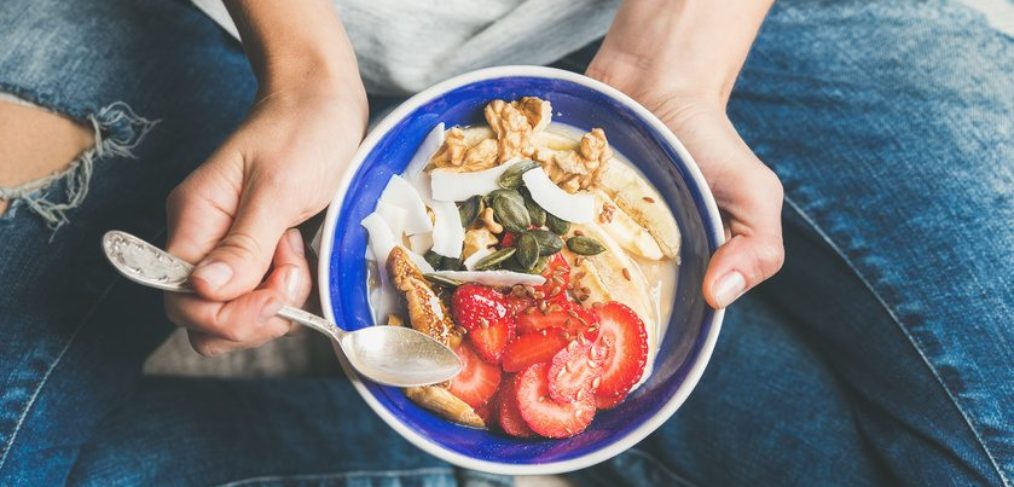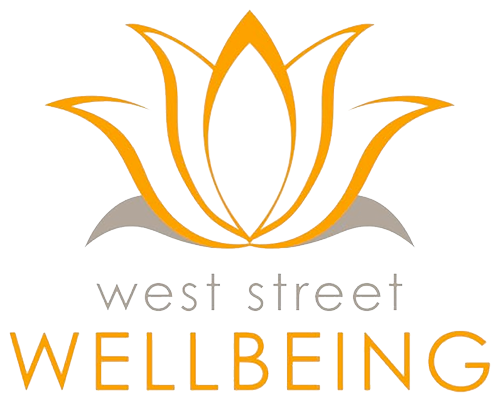
How to Boost Low Energy With Your Diet
Learn 5 simple tips to boost low energy and avoid unnecessary slumps
By Chantelle van der Weyden, Naturopath & Clinical Nutritionist
Feeling tired is normal after a late night or a busy week, and in general we should be able to move past this after a good nights sleep and a couple of days of rest. However, given the fast paced lifestyle many of us are living it is all too easy to fall into the trap of doing too much, not resting enough, and relying on sugar and caffeine to keep us going – and in doing so, fall into a vicious cycle of continual fatigue, and I for one feel absolutely useless when I’m tired.
There are many causes of fatigue including stress, not enough sleep, hormone imbalance, thyroid dysfunction, nutritional deficiencies and immune system dysfunction to name a few. However, in many cases poor diet can play a huge roll. – and is often a (if not the) causative factor. Many of my clients are amazed at how making a few simple changes to their diet turns their fatigue around.
5 easy tips to kick start your energy
- Get Your Macronutrients
Food is life and while it plays many roles within the body – perhaps the most important is to nourish and fuel our cells thereby giving us the energy to go about our daily lives. The building blocks for this energy are the macronutrients – protein, carbohydrates and fats. Carbohydrates provide glucose; which fuels our brain, nervous system, kidneys and red blood cells. Protein supplies amino acids, which literally make up our cells. And fat makes up the cell membrane and is important in keeping our fuel tanks topped up. It can be easy to skip a meal here and there because we’re too busy (or too tired) to stop and eat. Or perhaps we’re reducing our food intake in an effort to loose weight. But if we’re not eating enough we are literally starving our cells and preventing the body from supplying us with precious energy. Whilst I don’t advocate calorie counting, ensuring your caloric intake is adequate is really important in keeping fatigue at bay.
Eating macronutrient balanced meals – i.e. meals made up of a lovely balance of protein, carbs and fats is also essential in keeping our blood sugar stable. Unstable or imbalanced blood sugar can feel like fatigue, low energy, and difficulty concentrating. You know that 3pm slump – that’s usually a sign of imbalanced blood sugar. In balancing every meal and snack you’ll feel much more energised, and that daily fatigue may even disappear.
- B Vitamin + CoQ10 Rich Foods
The process of converting our food to energy requires certain nutrients – and the two big players are the B vitamins and CoQ10. Without B vitamins and CoQ10 the conversion of food to energy can be slow or disrupted – which can leave us feeling flat and tired. Foods rich in these essential nutrients include leafy green vegetables, organic grass fed meats, eggs, fish, nuts, whole grains and legumes.
- Iron Rich Foods
Iron deficiency is one of the most common causes of fatigue I see in clinic, especially among females. Iron aids in the transportation of oxygen around the body and to our muscles, and is essential in producing cellular energy. So no wonder we’re fatigued when our iron stores are low. Consume foods rich in iron such as oysters, organic grass fed meats, eggs, sardines, parsley, spirulina and lentils.
- Hydration
We are made up of approximately 70% water, and even mild levels of dehydration can leave us feeling fatigued. Water is essential for efficient detoxification and elimination and if these processes are sluggish we too will feel sluggish. Make sure you’re drinking at least 2 litres a day for optimal energy.
- Be mindful of caffeine
Caffeine can be wonderful for productivity and giving us a little boost when we’re feeling flat. However, if you’re relying on coffee to wake you up in the morning or to keep you going throughout the day then it may not be the friend your think it is. For starters it’s a Band-Aid solution supplying you with false energy – which is generally short lived and eventually leaves you feeling more fatigued. Secondly it depletes the body of those all important B vitamins which are essential for energy production. Caffeine also impairs immune and adrenal function – both of which when not functioning adequately can result in fatigue. The same goes for sugar. Keep your coffee at one a day or try cutting caffeine for a while, amending your diet, and then see how you feel.
As I mentioned above, fatigue can be the result of a myriad of issues. If changing your diet doesn’t seem to help please reach out and get the help of a qualified health practitioner, it could make all the difference.
Chantelle van der Weyden is a Clinical Nutritionist practising at West Street Wellbeing. She is available now to discuss and tailor a plan for your unique health needs.
Appointments can be made online at https://www.weststreetwellbeing.com.au/appointments/ or by contacting West Street Wellbeing on 02 9922 7874.


